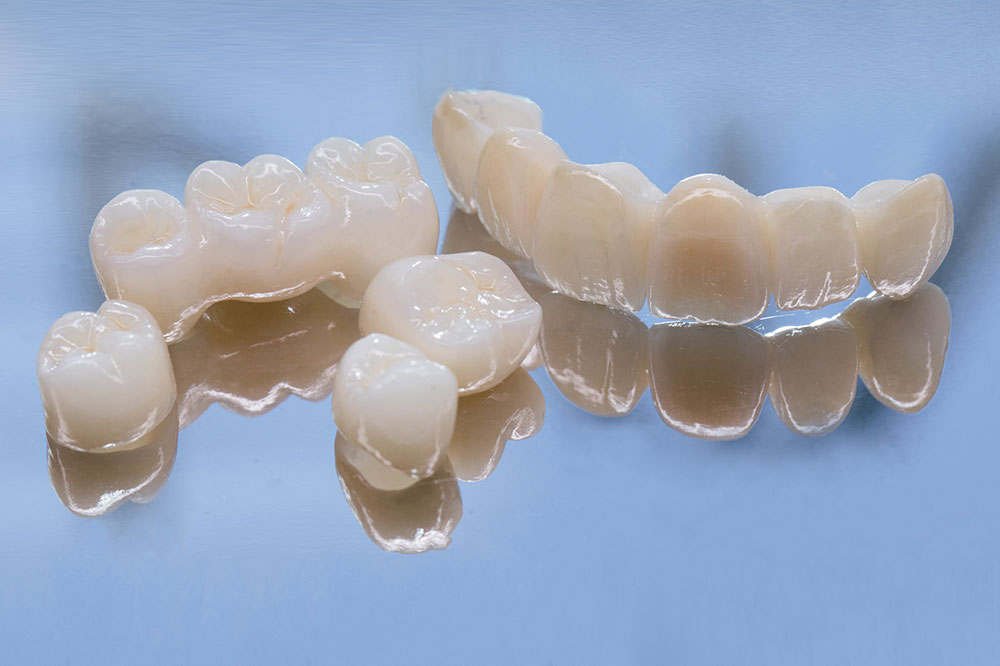Essential Insights Before Choosing Dental Bridges
Discover key information about dental bridges, including types, costs, longevity, and suitability. Learn how they help restore missing teeth effectively and what factors influence their lifespan. Get essential insights to make an informed decision about your dental health and treatment options.

Essential Insights Before Choosing Dental Bridges
Losing a tooth can lead to various challenges, and multiple missing teeth can worsen these issues. Causes range from accidents to dental health problems or aging. Such loss affects eating, speech, and confidence. Dental bridges are a popular, cost-effective solution to restore function and appearance without expensive procedures. If you're considering options for missing teeth, learning about dental bridges can help you make an informed decision. They offer a practical way to regain your smile and functionality at an affordable price.
Types of Dental Bridges
Dental bridges are an efficient and budget-friendly method to replace one or several missing teeth.
Various factors influence the cost of dental bridges, including the type selected, complexity of placement, materials like resin, zirconia, or metal alloys, the number of teeth missing, and any pre-treatment needed prior to installation.
Traditional bridges
Support a replacement tooth with crowns cemented onto adjacent natural teeth.
Traditional bridges are most common and suitable when neighboring teeth are intact.
Maryland bridges
Use a metal porcelain framework bonded to the abutment teeth, ideal when adjacent natural teeth are present.
Cantilever bridge
Supported by a single natural tooth, suitable when only one neighboring tooth exists.
Implant-supported bridge
Anchored by dental implants, offering greater stability and longevity, but requiring surgical procedures and sufficient jawbone density.
Important points to consider about dental bridges
Lifespan
Proper care and regular dental visits influence how long a bridge lasts. Bridges supported by implants typically last longer, with most needing replacement after 10-15 years. Proper maintenance can extend their usability and reduce risks of infection.
Enhancing Eating and Speaking
Worried about speaking or chewing with a bridge? Rest assured, proper adjustment makes the transition smooth. Initially, softer foods are recommended to help your mouth adapt, but eventually, normal eating and speaking return.
Suitability Considerations
Not everyone is a candidate for dental bridges. Good oral hygiene, overall health, strong jawbone, and specific missing teeth are necessary factors. Dentists will assess whether this option fits your dental condition and budget.
Limitations of Dental Bridges
Dental bridges are intended as a temporary fix to restore teeth function but are not permanent solutions. They undergo wear and tear over time and may need replacement every 10 to 15 years. Additionally, bridges do not stimulate jawbone and gum tissue, leading to possible bone loss if not addressed with other treatments.










